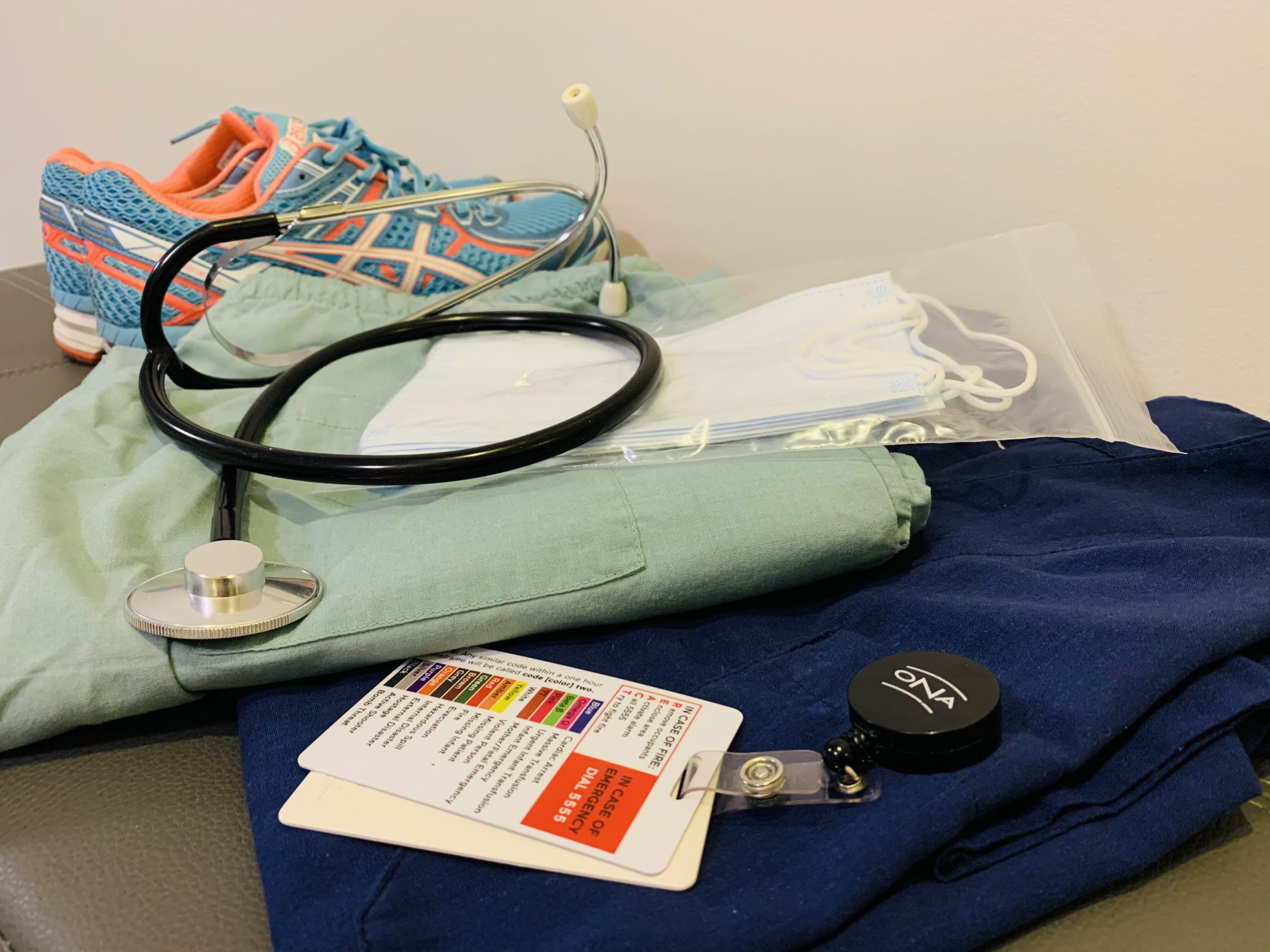As part of International Women’s Week, the one community we wish to shed a spotlight on are the frontline workers that have strenuously battled this pandemic. A 2020 report by the Ontario Ministry of Long-Term Care found widespread staffing shortages at numerous long-term care facilities. We sat down with Dr. Jacqueline Choiniere, associate professor at York’s School of Nursing, who lists a few reasons why.
“Number one: it’s inadequate pay. The work that is carried out in long-term residential care is very skilled work. But it’s not appreciated, I would argue, as skilled work. We have in the neighbourhood of 70 per cent of our residents in long-term residential care with various types of dementia. These are very complex individuals with multiple healthcare problems requiring skilled assistance. It hasn’t been valued as that for a long time,” says Choiniere.
Choiniere also believes that Ontario’s predominance of part-time and casual employment is a cause.
“This was a problem that was really accentuated when it came to COVID-19 because, for personal support workers (PSWs) in particular, in order to cobble together a reasonable living wage, they were working in two to three nursing homes.
“British Columbia moved very quickly at the start of this pandemic to raise the wages of these workers in long-term care and also move them into full-time positions. If the conditions and the pay is reasonable, key people can make a living and they will work there. There’s a lot of interrelated issues here,” continues Choiniere.
One ultrasound technologist, who wishes to remain anonymous, says the common association of ultrasounds with babies is a reason why ultrasound is an undervalued field.
“Not many people know about it. When you hear ‘ultrasound’, people think of babies first. They aren’t aware that ultrasounds are actually a diagnostic tool that helps doctors,” they explain.
They believe that increasing awareness of ultrasound begins with education.
“We’re not even sure how you go about educating the public, but you can start somewhere. It starts within the school, so ‘career days’. Students will go, ‘Oh, such a profession exists!’”, they suggest.
Unlike ultrasound, a sometimes misunderstood profession, Dr. Choiniere acknowledges the public’s praise surrounding nurses.
“The staffing has become so thin to the point where that sort of education and training isn’t provided for. There’s just simply no time to do it.”
“Nurses are the most highly-valued profession. When you look at public impressions and public assessments, who’s the most trustworthy profession? Nurses are, inevitably, the top one or two on that list. But we also have to realize that being held in that high regard is a complicated issue. We need to look at all of the other support or lack of support for the profession,” says Choiniere.
Choiniere further states that many nursing staff at long-term care homes are burdened with tasks such as a provincial requirement to meticulously document various aspects of patients’ care.
“The staffing has become so thin to the point where that sort of education and training isn’t provided for. There’s just simply no time to do it. So you find what’s happened is that the training piece has become, ‘Okay, here’s a link, do this on your time.’ The principle of adult education means that not everybody learns in the same way. That deprives a lot of learners from learning as best as they can,” explains Choiniere.
Choiniere stresses the importance of regulations in a sector such as long-term care. However, she cautions that not all regulations are made equally. She says that regulating the quality of care given has taken a backseat to worker efficiency regulations.
The ultrasound technologist’s anxiety around working potentially COVID-19 positive patients was quelled with Humber River Hospital’s pandemic protocols.
“Initially it was scary, because nobody knew about it. But once they had an idea of what it is and what it is all about, we followed the protocol each day. We wear a mask and wash our hands between patients. With all patients we wear gloves. Once we put on those gloves, we throw them away. We wear the necessary personal protective equipment (PPE) that is necessary to prevent the spread of any infection,” says the ultrasound technologist.
They mention their enjoyment of patients wearing masks at work.
“In the hospital seeing patients with masks, oh, it’s a blessing. Honestly, I love to see it. Because we spend a lot of time with them. Sometimes they even cough in your face,” admits the technologist.
Despite tensions in the field such as those discussed in this article, Choiniere maintains it is an “amazing” profession.
“There are few other professions that get to be in such a position of intimacy with people who are having horrific illnesses. It’s a tough profession. You have to work hard, but it’s incredible. Some of us are really committed to working to make sure that it is as valued as it should be,” reassures Choiniere.


